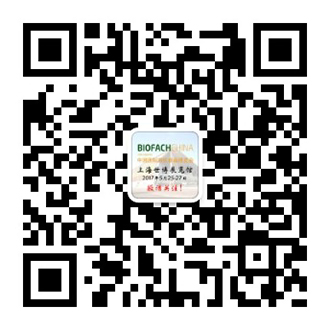News of Organic Industry
China: e-commerce and cross-border model are on the rise
With rising demand for foreign products and a fast growing e-commerce sector new platforms for cross-border consumers are growing dynamically. The government is pushing the trend.
According to China e-Business Research Center and McKinsey the cross-border consumer e-commerce amounted to an estimated 259 billion Renminbi ($40 billion) in 2015 and is estimated to reach 432 billion Renminbi ($64 billion) in 2016. Last year cross-border consumption accounts for more than 6 percent of China’s total consumer e-commerce and it’s growing at upward of 50 percent annually.
Along side with many scandals in the food and cosmetic sector Chinese consumers who can afford more expensive goods decide for foreign brands. The rapidly growing middle class which is more and more aware of product safety and choose for Western and European brands – especially also organic products – that are becoming more popular.
New opportunity for organic beauty brands
For organic beauty brands there is one obstacle: current Chinese legislation requires foreign cosmetics to be tested on animals among other safety tests and as part of the product registration. But this is strictly forbidden by every single EU organic certification seal.
A new retail channel, the Cross-Border E-Commerce retail model is the solution of this dilemma. It is launched by the Chinese State Council. The B2C Model allows selling Western brands directly to Chinese consumers in special Free Trade Zones. This option offers an interesting opportunity for organic beauty brands.
The country’s major e-commerce site, Alibaba’s Tmall, has moved into the market with a cross-border site (Tmall Global), and also smaller companies as well as Amazon is increasingly active in China.
Tags: China , e-commerce , cross-border , safety , organic









